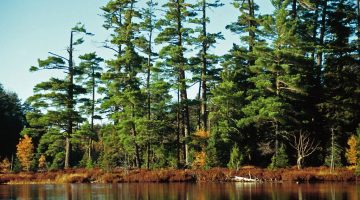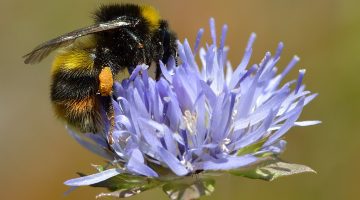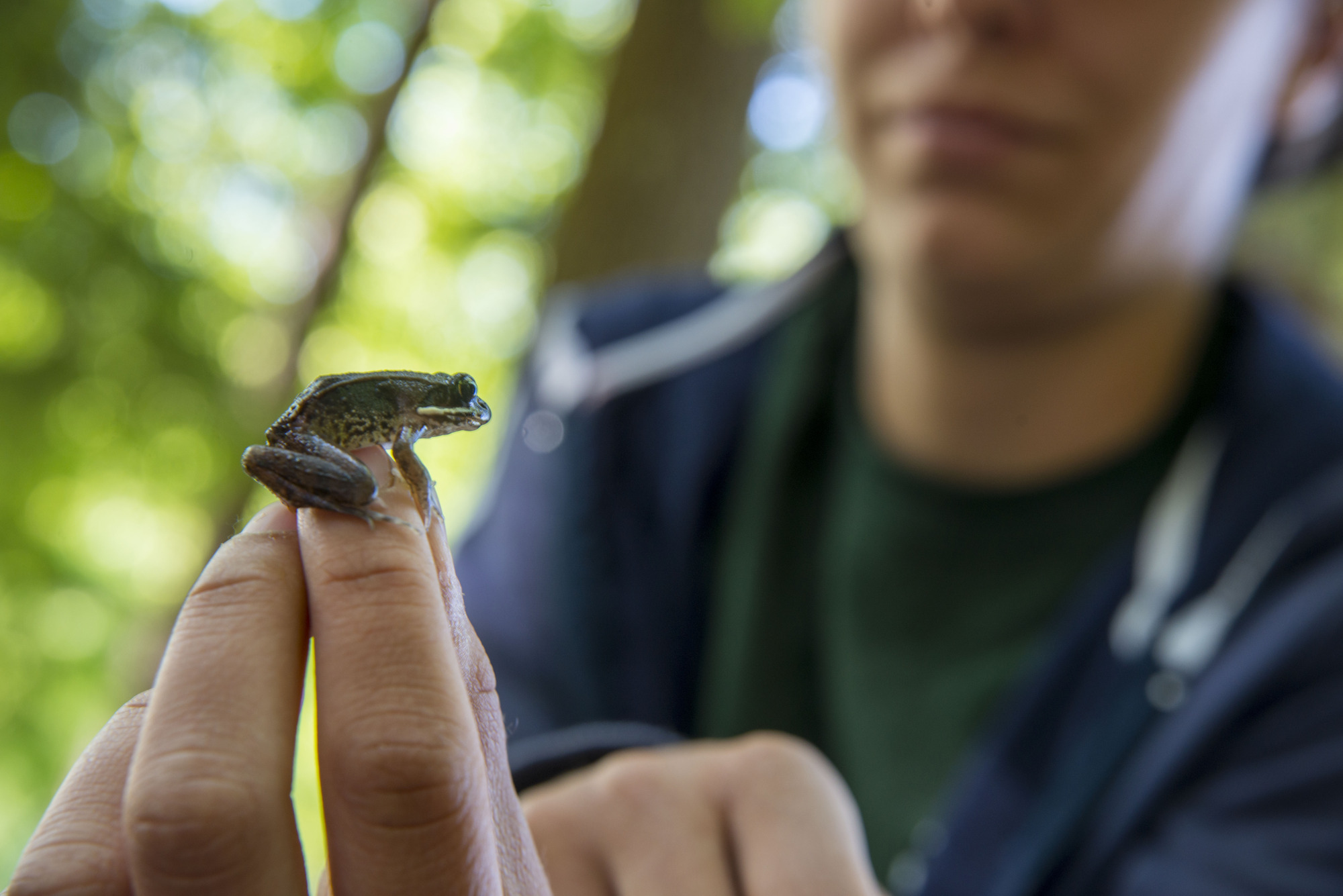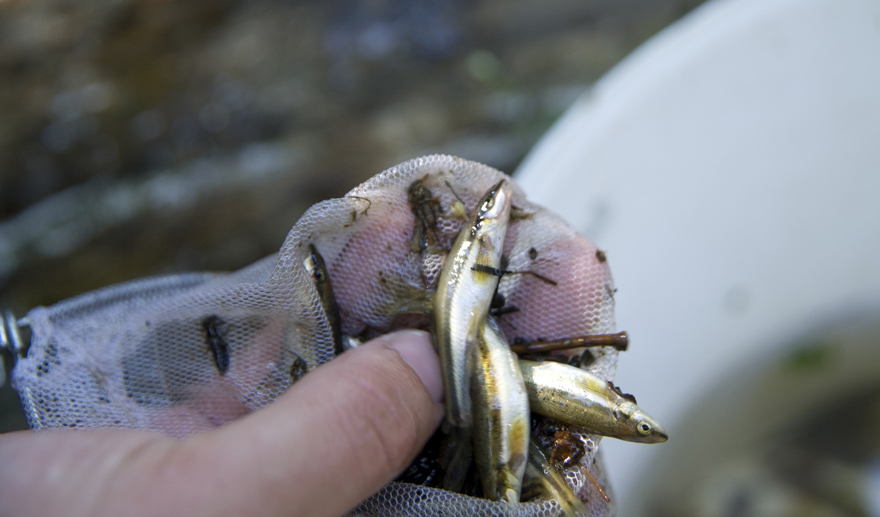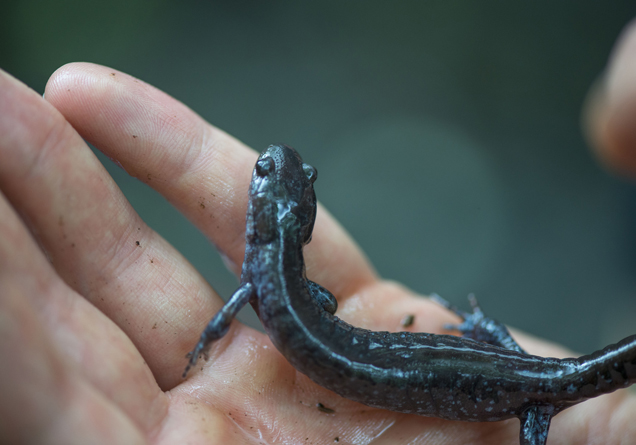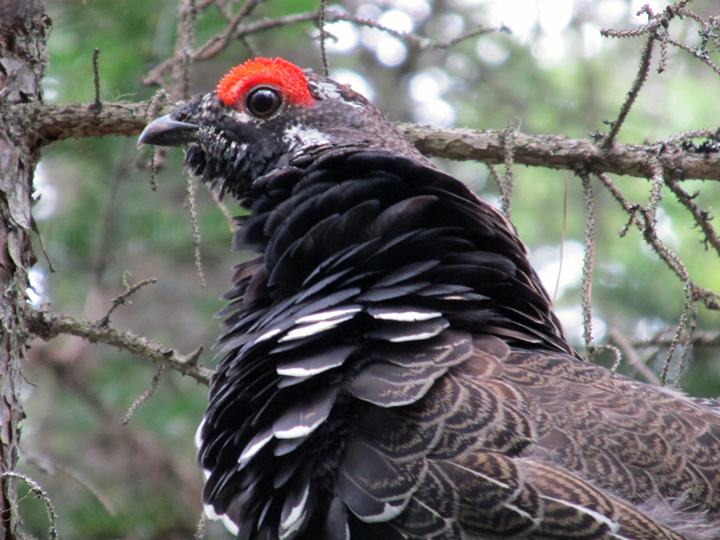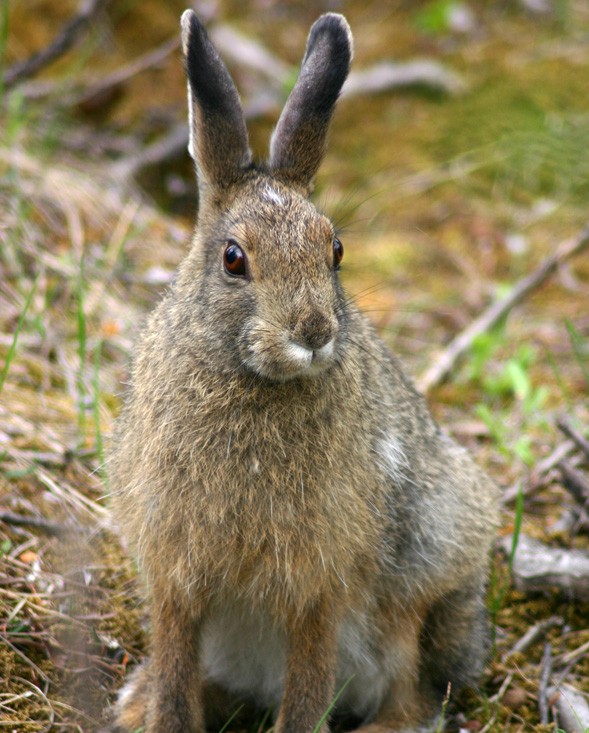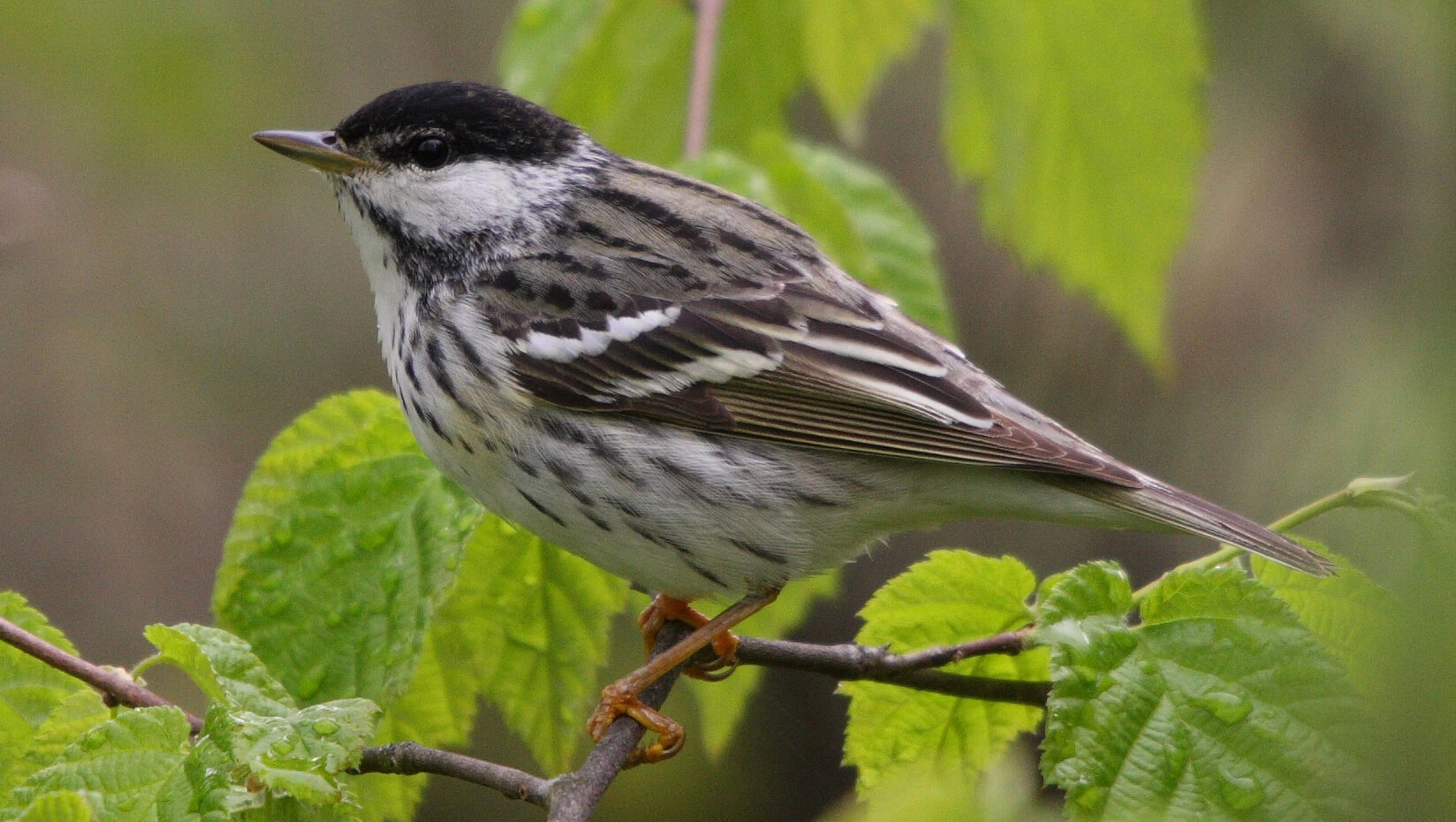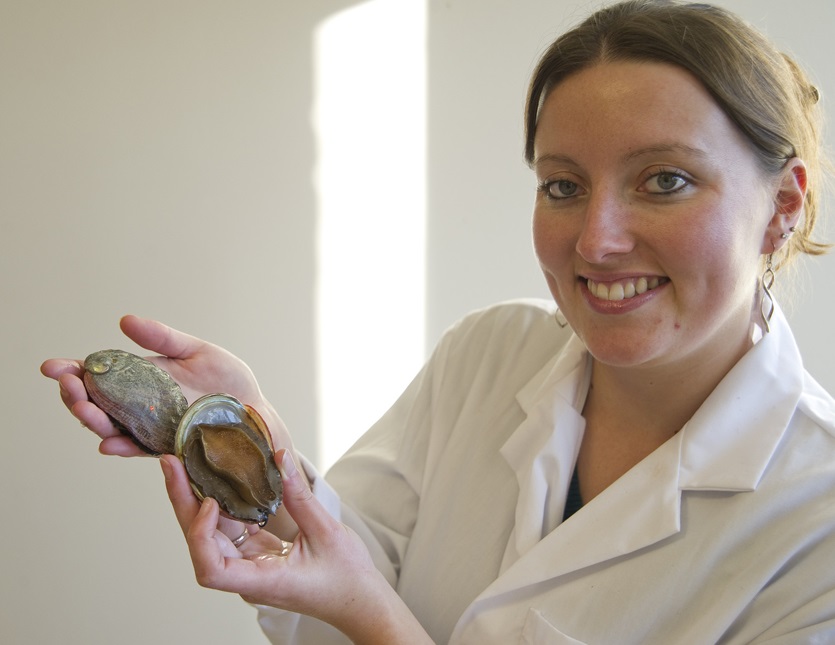Field manual for managing eastern white pine health in New England published
The Maine Agricultural and Forest Experiment Station has published MP764: Field Manual for Managing Eastern White Pine Health in New England. Authors William H. Livingston, UMaine Isabel Munck, USDA Forest Service Kyle Lombard, NH Division of Forests & Lands Jennifer Weimer, NH Division of Forests & Lands Aaron Bergdahl, Maine Forest Service Laura S. Kenefic, […]
Read more
